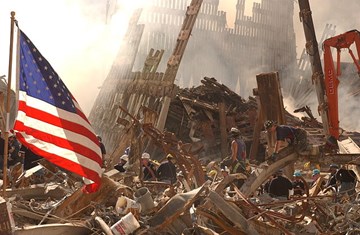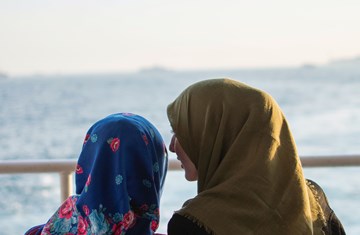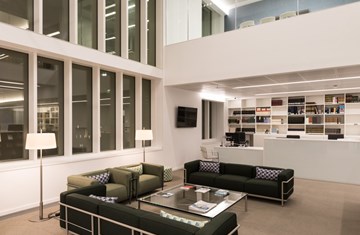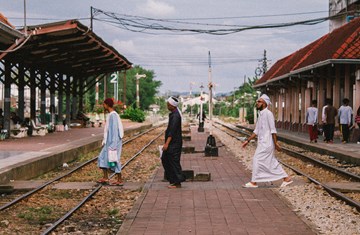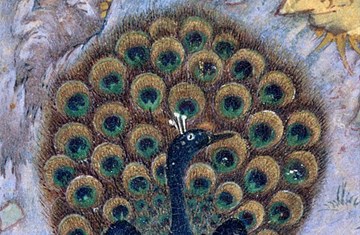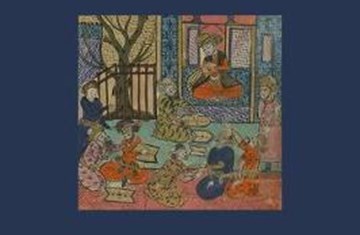Reflective Learnings From The Training Programmes Of The Ismaili Muslim Conciliation And Arbitration Boards, Globally
Keywords: Reflective Learnings, cross-cultural training, Training Programmes, contemporary mediation principles, Islam, Ismaili, Muslim, Conciliation, Arbitration, Community sculpt, National Conciliation and Arbitration Boards (NCABs)
Abstract: In this paper, the authors highlight the reflective learnings gained from cross-cultural training programmes in mediation conducted in 10 countries of the world. The training programmes, held under the aegis of the National Conciliation and Arbitration Boards (NCABs) of the various Ismaili Muslim communities worldwide, are implemented in local settings, with the help of local people and often, in the languages of the people, themselves. They incorporate indigenous, cultural, legal and ethical norms and combine these with state-of-the-art mediation principles and best practices, utilising role-plays and pedagogies that are sensitive to the contexts of the trainees.
The programmes are conceptualised with the help of the NCABs and include hypothetical fact-sets that resonate actual field experiences on which the trainees do the role-playing. The training programmes, which started off in the United Kingdom in 2000, have undergone changes, as the roll outs move from one country to another. New dimensions, highlighting the concept of greater relationality, called for ongoing re-designing. "Community sculpt", as the authors refer to greater stakeholder participation, indicates that in various cultures, if one does not include critical stakeholders as part of the solution, they become part of the problem.
This paper shows how an international Muslim community, spread over some 25 countries of the world, has adapted a basic training programme by combining judiciously the best of their religious, cultural and historical traditions with contemporary mediation principles and best practices. All this is done within the framework of the laws of the various countries in which members of the community reside. It shows how the judiciaries of those countries are beginning to recognise the NCABs as bona fide bodies and are referring matters back to them for resolution, within the framework of the ethical norms and principles set up for their effective operation.
Author

Dr Mohamed Keshavjee
Course Director
Mohamed M. Keshavjee is a South African born-lawyer called to the Bar at Gray’s Inn in 1969. He completed his LLM at London University and his PhD at SOAS with a focus on Islamic Law and Alternative Dispute Resolution (ADR). He has practised law in Kenya, Canada and the United Kingdom.
His first book, Islam, Sharia and Alternative Dispute Resolution deals with how Muslims engage with sharia, customary practices and the laws of the United Kingdom. He has spoken on ADR at conferences in Europe, North America and Asia, and has trained family mediators in the EU countries and imams and pastors in mosque and church conflicts in the UK and the USA, respectively.
In 2016, he was awarded the Gandhi, King, Ikeda Peace Award by the Martin Luther King Jr. International Chapel at Morehouse College, Atlanta, Georgia, for his work on peace and human rights education.


